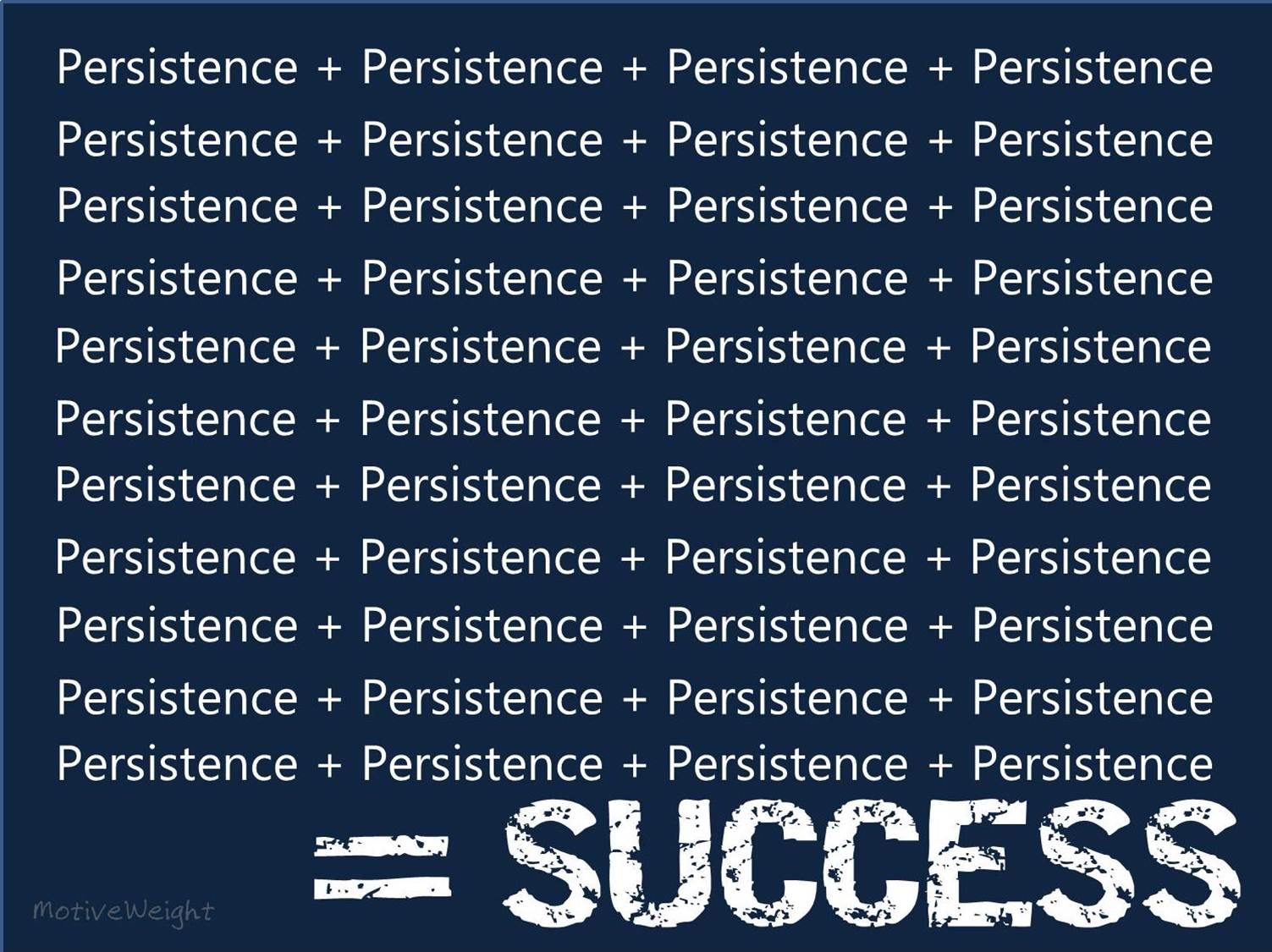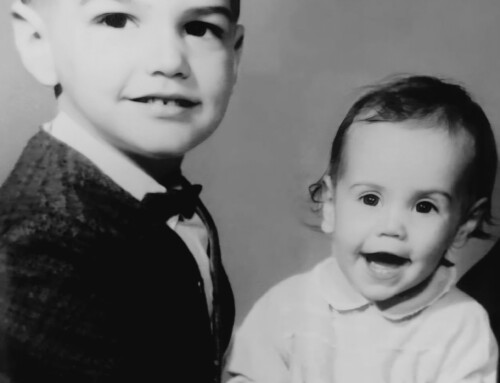Whenever I would read about someone publishing a book for the first time, the narrative went something like this: “I worked for years on the book, but once I got an agent, it was just a matter of days before it was sold.” Okay, I would think: I have a book. I’ve worked on it for years. Now all I need to do is get an agent, and my book will be sold. Because when agents read a manuscript and decide to take on its writer, they usually have an editor in mind who will enjoy the book. Then they call that editor, and voila! Sale.
So when I acquired an agent—and not just any agent, but the very kind of agent I was looking for: an experienced, smart, “old-school” agent at a well-established, reputable literary agency—I figured the phone call would come soon. So I sat back and waited.
And waited.
What I got instead were emails, that she forwarded to me from the editors at Random House, Scribner’s, Knopf, and Little, Brown, all of them saying pretty much the same thing: “I love the writing, but I can’t sell it.”
A year went by. And since it had taken a year before that to secure an agent, and years before that to write the damn book, I was frustrated.
And doing nothing about it.
That’s when I realized that “success doesn’t come to those who wait.” That “success consists of going from failure to failure without loss of enthusiasm.” That “a successful person is one who can lay a firm foundation with the bricks others have thrown at him.”
In other words, I learned that all those stupid posters and inspirational expressions were right.
I needed to stop waiting for my agent to do all the work for me. I needed to keep at it. I needed to persist.
So that’s what I’m doing. I’m sending her the addresses of editors at small presses whose work I respect. I’m writing new stories to enliven the book, fill in some of the gaps, and solidify the narrative arc. But mostly, I’m doing what I’ve always done as I’ve been publishing stories over the last ten years: I’m keeping the faith in the face of rejection.
Because I’ve never been that guy—the one who succeeds at everything he tries. The guy with natural talent, like John Keats, who could compose those amazing poems in his head while sitting under a tree. When I was younger, I played saxophone, and I was never very good at improvisation. (Let’s just say it was more John Philip Souza than John Coltrane.) But when I practiced, and I worked on a difficult score over and over, day after day, I played well.
The greatest athletes I’ve ever seen—Willie Mays, Michael Jordan, Peyton Manning—are also the most dedicated athletes I’ve ever seen. All of them persisted through many failures. I think everyone who succeeds in artistic endeavors has this in common—they work at it, they persist, until finally, it all happens. Success. For writers, that means a book deal. An advance. A book tour. Actual sales. Royalty checks. People coming up to them and saying “I loved your story.”
But even then, even if their first book is wildly successful, they still have to keep working. Nose to the grindstone. I remember when Jhumpa Lahiri was interviewed on the radio, not long after she had won the Pulitzer. “How does it feel to win the Pulitzer ?” the interviewer asked.
“I’m working on my second book,” she said, the fatigue in her voice coming through loud and clear. “It’s hard work.”
“But how does it feel to have had such success with your first book?”
A barely audible sigh: “I’m working on my second book.”
![]()






Leave A Comment